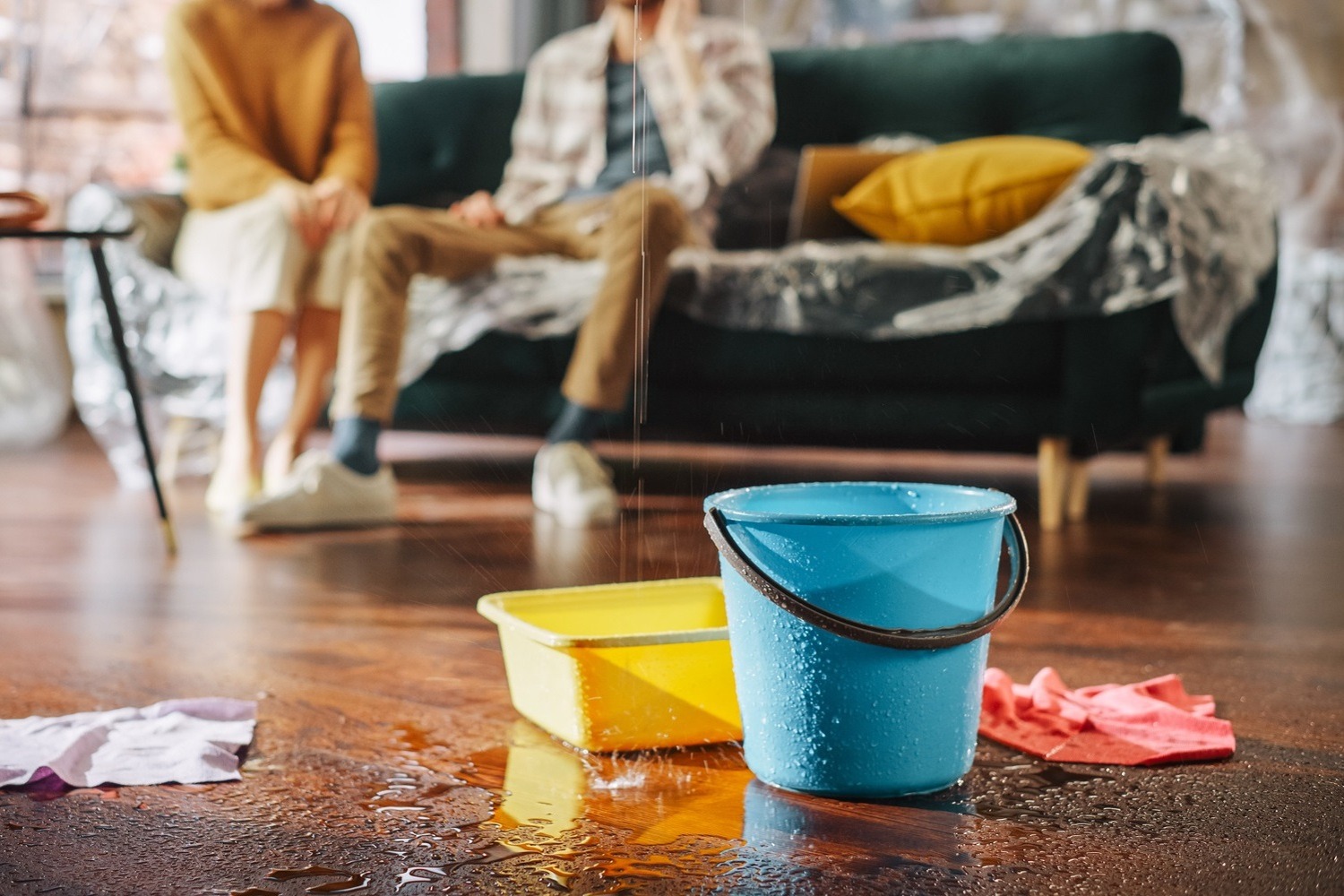Understanding your rights as a tenant in the UK is important to ensure you get treated fairly by landlords. Many tenants face issues with housing disrepair in their rented accommodation – that could be general maintenance, or more serious issues that are causing them to be uncomfortable, or their home to be dangerous.
If you have already reported this to your landlord, but they’re not doing anything about it, it might be time for you to take action. In the following article, we are going to cover your rights as a tenant in the UK and how you can claim housing disrepair.
What is house disrepair?
House disrepair refers to any damage or deterioration in a rented property that makes it either unsafe or entirely uninhabitable. Some of the most common issues under this umbrella include:
- Leaking roofs
- Damp and mould
- Faulty heating systems
- Broken windows/doors
- Electrical issues
- Pests
- Plumbing issues
Each of these issues can pose a significant impact on your daily quality of life. If you are encountering any of the above, it’s important to note that you have several rights that require your landlord to do something about it.
Tenant rights & landlord responsibilities
In the UK, landlords are legally obliged to ensure their properties remain habitable and safe. Some key pieces of legislation govern these obligations, including the Landlord and Tenant Act 1985, and the Homes (Fitness for Human Habitation) Act 2018. Under these laws, landlords are required to:
- Fix or maintain the structure and exterior of the property
- Ensure the supply of water, gas, electricity and sanitation facilities
- Provide adequate heating and hot water
- Address any disrepair issues promptly
If these standards are not met, tenants have the right to take legal action against their landlords to either resolve the issues or seek compensation.
Reporting disrepair
The first step in addressing any housing disrepair issues is to let your landlord know. You should perform this step in writing, clearly outlining the problems and requesting repairs.
Keep a record of all communications, including emails, letters and photos of the issue. This is important for any future legal action you may have to pursue. Remember that your initial objective should be to clearly and calmly state the issue to your landlord, in the hope that they will follow legislation and resolve it without issue.
For many landlords, this process is a regular occurrence and something that they will be prepared to assist you with. Note that from the moment your landlord becomes aware of your disrepair issue, it is their obligation to act to resolve it and restore the property.
What do you do if your landlord fails to act?
If your landlord fails to respond or refuses to carry out any of the important repairs within a reasonable timeframe, then you may need to pursue further action. Here are some of the steps you can take, depending on the situation:
Contact your local council
Your local council has the authority to inspect rental properties and enforce repairs. If the disrepair issue is severe, the council might issue an improvement notice. This compels the landlord to make necessary repairs.
Seek legal advice.
If the landlord continues to ignore the issue, it might be time to seek professional legal advice. Many solicitors will offer a free initial consultation, guiding you on the best course of action. The advice you are given will depend on the specifics of your situation.
Make an official housing disrepair claim
You can make an official housing disrepair claim if your issue continues. This is a legal process that allows you to seek compensation for any inconvenience, damage to your property, or health issues. Compensation might also cover any additional costs that happened because of the disrepair, including heating bills or medical expenses.
To claim housing disrepair successfully, you’ll need to provide evidence that your landlord is not acting. The main factors you need to prove are that:
- Your landlord has been aware of the disrepair.
- The landlord failed to carry out necessary repairs within a reasonable period.
- That the disrepair has caused you inconvenience, damage or health issues.
Get help with your disrepair claims from Osbourne Pinner
Understanding your rights as a tenant is the first step to resolving housing disrepair issues. At Osbourne Pinner, we understand how much house disrepair issues can impact your quality of life. That’s why we offer specialist services to help you with all aspects of disrepair claims and tenancy disputes.
Our experienced team can help your successfully resolve any landlord-tenant disputes you are struggling with. Contact us today for a free 30 minute consultation – use the form below to get started. You can talk to us via Zoom or face to face at our offices at Piccadilly Circus, Harrow or Canary Wharf.




